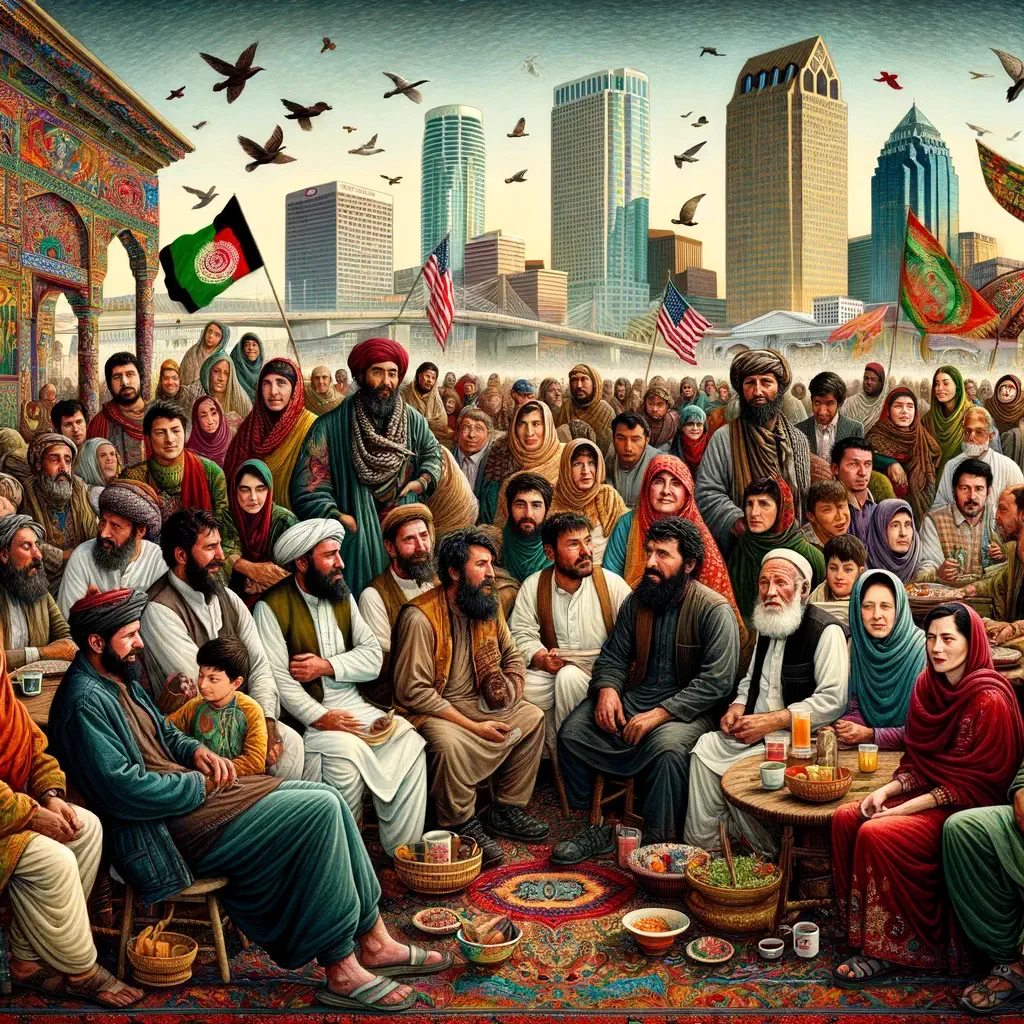Echoes from Afghanistan: Reflections on Resilience, Loss, and the Unending Cycle of Conflict
Yesterday, I attended an Afghan wedding. I've met quite a few Afghans who came to Tampa as refugees, some residing here for decades. This migration began when the Soviet Union invaded Afghanistan, leading many to flee to Pakistan, including the city where I grew up, Peshawar. Millions sought refuge there, and those who could afford it moved to other countries, notably Germany and the United States. Later, during the war on terror and the U.S. withdrawal from Afghanistan, some received asylum for their alliance with the U.S.
Their stories are marked by tremendous hardship. Recovery from such trauma isn't a matter of a year or two; it's generational. One person I met, whose father was the chancellor of Kabul University in the 1970s, described a well-off family life disrupted by the Soviet invasion. Afterward, they migrated to Pakistan, and with the rise of the Taliban, they lost everything - their homes, possessions, and land. This gentleman relinquished his inheritance to support his relatives living under Taliban rule - a regime that I described as an ignorant and fanatic group ill-suited to govern a country with such a rich history of conquerors and leaders.
He lamented the current state of Afghanistan: a country debilitated by drug trafficking and consumption, its main cash crops being opium and heroin. The Taliban's governance, characterized by a rejection of scientific progress and an adherence to outdated practices, leaves the country vulnerable and isolated.
I heard stories of life under the Taliban - a society devoid of music, cinema, and entertainment, heavily curtailed in the name of religion, with women facing severe restrictions. It's a stark regression to what was described as almost a 'Stone Age' existence. Those who can, flee this oppressive system; others remain, trapped and victimized.
My father, who held a high government position in Pakistan, was sympathetic to the mujahideen during the initial stages of the Afghanistan conflict. He facilitated their integration into Peshawar, allowing them to establish businesses and transportation services. At that time, the narrative was about defending against a foreign invasion. However, this defense led to the radicalization of the population, eventually giving rise to the Taliban and other extremist groups.
The future of Afghanistan, in my view, remains bleak. Injustices seem perpetual in some societies, and change, if it occurs, may not be seen in our lifetimes. The cyclical nature of misery, dictatorship, and irrational tyranny appears to be an unending part of human existence. I've come to accept this as a harsh reality.
In conclusion, the situation in Afghanistan is dire, a condition shared by many countries. This cycle of conflict and suffering will likely continue elsewhere, even if it ceases here. Our role is to stay informed, be rational, and spread awareness about these hardships, despite the grim outlook for any immediate global transformation.

